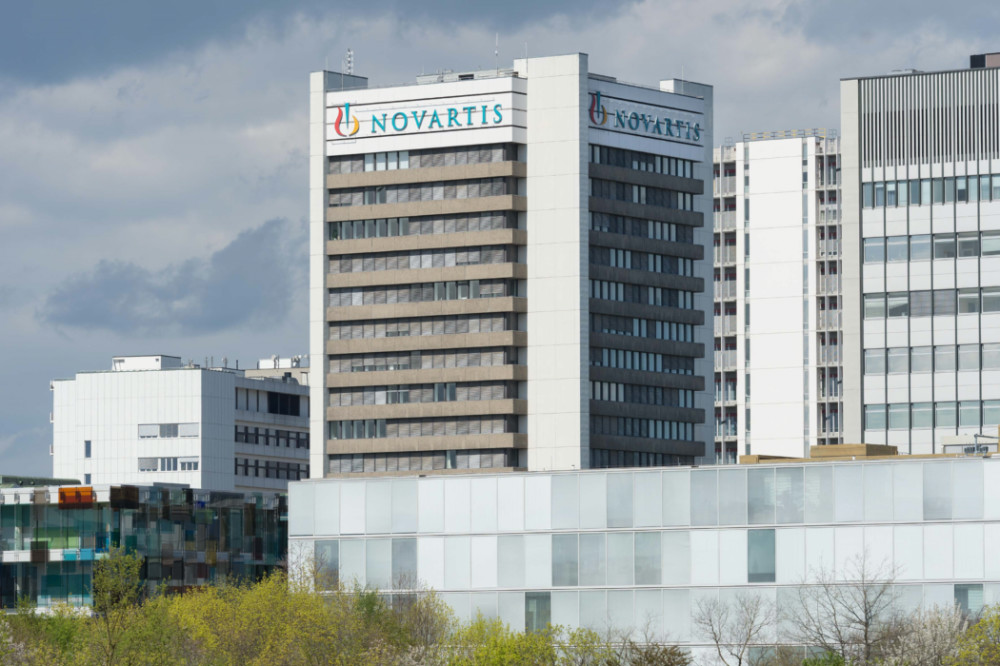The National Institute for Health and Care Excellence (NICE) has recommended the use of Novartis’ Piqray (alpelisib) for use in combination with fulvestrant for the treatment of postmenopausal women, and men, with hormone receptor positive (HR+), human epidermal growth factor receptor 2 negative (HER2-), locally advanced or metastatic breast cancer with a PIK3CA mutation after disease progression following endocrine-based therapy.
Resistance to endocrine therapy is a significant concern in the treatment of advanced breast cancer. PIK3CA mutations are a driver of developing endocrine resistance, which may lead to faster disease progression for patients, and a worse prognosis. Endocrine resistance affects approximately 40% of HR+/HER2- advanced breast cancer patients. There is a need for new therapies like alpelisib that are able to specifically target the PIK3CA mutation, with the goal of improved efficacy with a manageable toxicity profile that may maintain quality of life.
Nicolò Battisti, medical oncologist at The Royal Marsden NHS Foundation Trust, says: “NICE’s recommendation is an important development in the treatment of advanced breast cancer, an area where there is an urgent need for innovation to improve clinical and patient outcomes.
“Targeted therapies addressing genomic mutations such as PIK3CA mutations are advancing the treatment options we have available for our patients. Considering alpelisib involves identifying this specific genomic biomarker via a test, determining who is eligible for this new treatment option and potentially giving them a chance to live longer and live well in the context of an advanced breast cancer diagnosis.”
Alpelisib in combination with fulvestrant has demonstrated significant improvements in median progression-free survival and overall response rates in endocrine resistant HR+/HER2- advanced breast cancer with a PIK3CA mutation and has a generally well-tolerated and manageable safety profile when administered with appropriate and timely patient care and follow up, regardless of line of therapy or prior treatment.
The NHS Genomic Medicine Service (GMS) is a world-leading initiative to transform healthcare through genomic science and improve outcomes by providing routine access to genomic testing. In April 2022, testing for variants in the PIK3CA gene was added to the National Genomic Test Directory for Cancer for patients with breast cancer where molecular assessment will aid in diagnosis or management. This change ensures patients have routine commissioned access to PIK3CA mutation testing in England and Wales.
Marie-Andrée Gamache, country president, Novartis Innovative Medicines UK and Ireland, explains: “We know how devastating an advanced breast cancer diagnosis is for patients and their loved ones, which is why Novartis worked closely with NICE to secure a positive decision for alpelisib.
“We welcome that with the inclusion of molecular testing for genomic mutations in the NHS infrastructure in England & Wales and with interim funding of the CDF we can offer early access for patients. We are committed to continuing to partner with the NHS to support the breast cancer community.”
The reimbursement for England and Wales follows marketing authorisation approval from the Medicines and Healthcare products Regulatory Agency (MHRA) to extend the licence of alpelisib in Great Britain. In July 2020 the European Medicines Agency (EMA) approved alpelisib for use in combination with fulvestrant for advanced breast cancer patients with a PIK3CA mutation after disease progression following endocrine therapy as monotherapy but the licence did not include patients that have received prior endocrine and CDK4/6 inhibitor combination treatment. Novartis worked to secure greater access for all eligible patients in Great Britain by proceeding with the national approval process and securing a broader licence through the MHRA.
In the UK, breast cancer is the most common type of cancer, with around 55,000 women diagnosed each year. Approximately 30% of women with earlier stages of breast cancer will develop advanced disease. Approximately 64% of women with metastatic breast cancer in the UK have hormone-receptor positive, HER2 negative disease, and an estimated 30-40% of this group having PIK3CA mutations.
Alpelisib is also under review by the Scottish Medicines Consortium (SMC) in Scotland and a decision expected later this year.


